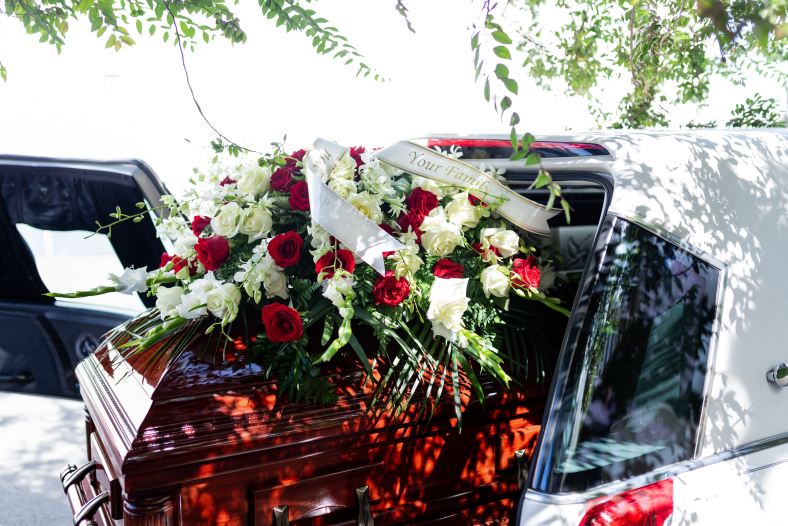When delving into the realm of funeral services, it becomes evident that the factors of perplexity and burstiness play a significant role in shaping the narrative and experience. Within the context of Buddhism, a unique approach emerges, characterized by a harmonious blend of complexity and variation. In this article, we embark on a journey through the intricacies of Buddhist funeral services, unraveling the distinct elements that make them truly exceptional.
Introduction to the Unique World of Buddhist Funeral Services
A Buddhist funeral service stands as a remarkable testament to honoring and commemorating the life of a departed loved one. Rooted in the profound principles of Buddhism, it weaves together solace and closure for those who embrace this philosophical path. The essence lies not only in bidding farewell but also in facilitating the departed’s transition to a new existence, while extending support and solace to family and friends. Brace yourself as we embark on an enlightening exploration of what unfolds during a Buddhist funeral services, replete with intriguing aspects that set it apart from other funerary rites.

Unraveling the Tapestry of a Buddhist Funeral Service
Buddhism, with its profound history spanning centuries, encompasses both life and death within its embrace. Consequently, it is no surprise that Buddhist funeral services occupy a pivotal role in the process of mourning, honoring the deceased, and offering solace to those in attendance.
The commencement of a Buddhist funeral ceremony often finds its roots in the enchanting chants emanating from sacred Buddhist scriptures. These mellifluous melodies intertwine with prayers, creating an ethereal ambiance of remembrance. Moreover, the ceremony may include the recitation of sutras, skillfully rendered by learned monks or devoted family members. The atmosphere is further enriched by the fragrant offerings of incense and flowers, as well as heartfelt eulogies delivered by kin or close confidants. Remarkably, depending on tradition, one may even encounter moments of serene meditation or other spiritual practices that infuse the service with an aura of profound contemplation.
Central to the fabric of a Buddhist funeral service is the paramount objective of assisting those present in embracing the concept of mortality and finding inner peace within its embrace. In the realm of Buddhism, death is not feared but rather acknowledged as an integral part of life’s cyclical nature. Thus, these solemn moments serve as an opportunity for friends and family to reflect on the impact of loss and to share treasured memories of the departed.
As the ceremony unfolds, the offering of food takes center stage, symbolizing the departed spirit’s passage into an alternate realm. These gestures of culinary homage vary in accordance with local customs, each carrying its own significance and depth of meaning.
Discovering the Meaningful Essence of a Buddhist Funeral Service
In the tapestry of existence, a Buddhist funeral service emerges as a poignant and meaningful tribute to those who have embarked on their final journey. Rooted in compassion and embracing the transient nature of life, this sacred rite serves as a conduit for honoring the spiritual odyssey of the departed while providing solace for those left behind.
At the heart of any Buddhist funeral service lies the mesmerizing art of chanting. Through the recitation of prayers and mantras, a profound reverence for the departed is awakened. Whether performed by family members or revered monks, these sacred utterances transport the mind into a realm where the fragility and vitality of life intertwine.
Equally significant is the act of honoring the deceased through symbolic offerings. Flowers, incense sticks, and favored fruits or food items find their place before an image or statue representing the three jewels of Buddhism: Buddha Shakyamuni, his teachings (Dharma), and the monastic community (Sangha).






